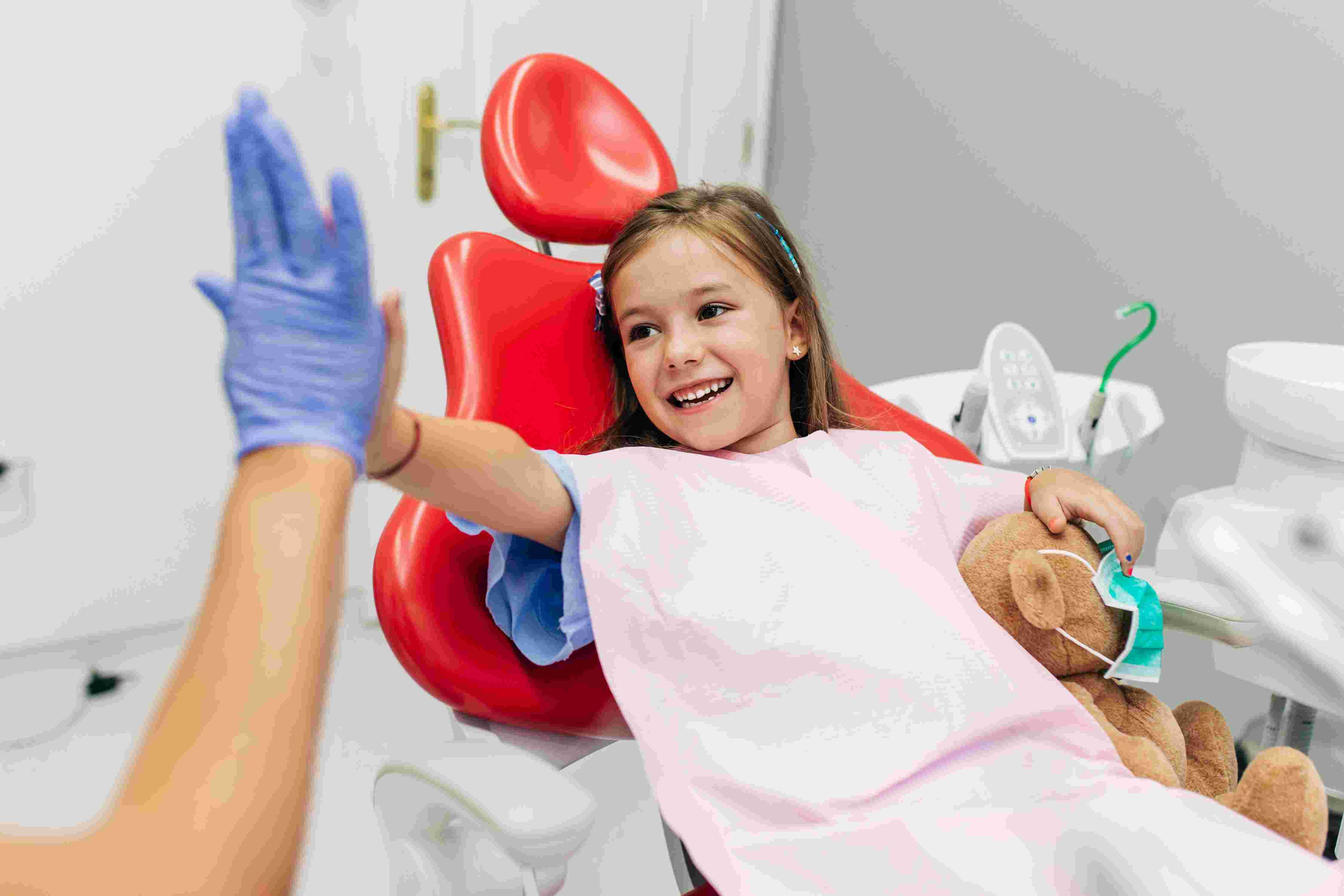- All posts
- 8 Media Venture
- althetics
- aMMP8
- Annimari Korte
- Antibiotic resistance
- Apotek Härtat
- Aqua Dental
- athlete
- Award
- Baltics
- Bonnier
- Bonnier News
- Brain health
- Business
- Cancer
- cardiovascular disease
- caries
- Chemo therapy
- children
- collaboration agreement
- Croatia
- Denmark
- Denta
- Dental erosion
- Dentex
- diabetes
- Dual Light
- Duodecim
- EFP
- EFR
- Estonia
- EuroPerio
- event
- Expodental
- FIBO
- fund raising
- general health
- Gingivitis
- Gum disease
- HAP
- HealthHub Pharma
- HIDES
- Hospital infections
- hospital-acquired pneumonia
- IBD
- Iceland
- IDS COLOGNE
- implantology
- invest
- investment
- italy
- Koite Health
- Latvia
- Lithuania
- lumoral
- Lumoral App
- Lumoral Junior
- Maritime industry
- Media
- MegaGen
- Movie
- News
- Nordic markets
- Nordics
- O
- Olympics
- Oral health
- Oral hygiene
- Oral mucositis
- Patent
- PDT
- peri-implantitis
- Perio Master Clinic
- Periodontitis
- periodontology
- Photodynamic therapy
- Press
- Ranking
- Romania
- Scandinavian Society of Periodontology
- Science
- Seafarer
- Seedtable
- share issue
- Shareissue
- Siblings movie
- Spain
- spots
- Stroke
- Study
- sweden
- Tartar
- techtour
- Thailand
- UK
- United States
- Valentine's Day
- WHO
- World Cancer Day
- World Health Day
- World Heart Day
- world oral health day
- World Smile Day

Finnish Dental Revolution Takes Center Stage at IDS 2025 and German Morning Television
The future of oral hygiene is here! Live from the International Dental Show (IDS 2025) in Cologne, Germany, morning news viewers were introduced to Lumoral, a groundbreaking innovation transforming...

World Oral Health Day 2025: A Healthy Smile, A Healthy Mind
Oral health plays a vital role in overall well-being, mental health, and quality of life. This World Oral Health Day 2025—celebrated annually on March 20—highlights the strong connection between or...

Revolutionizing Oral Care: Lumoral Showcases Breakthrough Technology at IDS 2025
Finnish health tech group Koite Health will attend the International Dental Show (IDS) in Cologne to showcase its Lumoral treatment — an innovative technology designed to enhance oral home care for...

Thousands of Children Undergo Tooth Extractions Due to Tooth Decay in the UK
New figures from NHS England reveal that over 30,000 children and young people underwent hospital tooth extractions due to decay in the last year, The Oral Health Foundation reports. This marks a s...

According to the Swedish Public Health Agency, the use of white snus has increased significantly in recent years, with the most notable rise among young women (1). Despite this, only just over ...

Oral Health – A Critical but Often Overlooked Aspect of Cancer Treatment
Many people associate oral health with bad breath or cavities, even though its impact extends to the entire body. For example, chemotherapy and radiation therapy—key treatments for cancer—often sig...